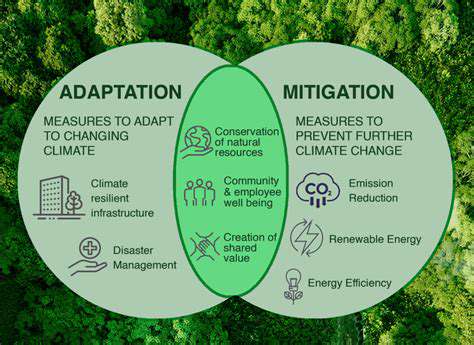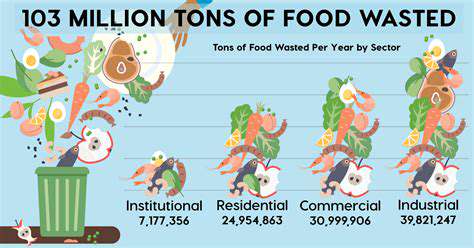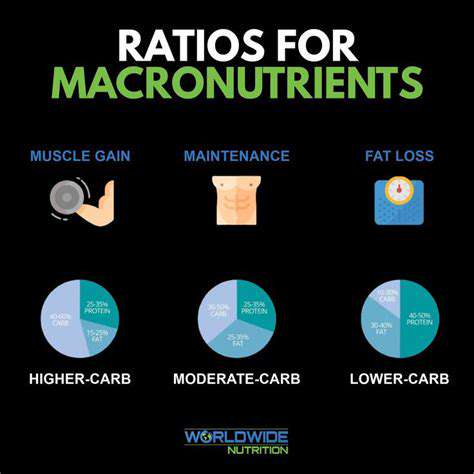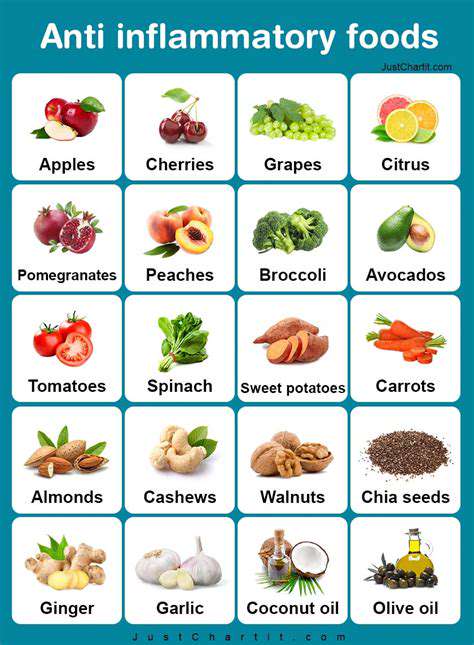The Potential Health Impacts of Pesticide Exposure
Acute Health Effects
Exposure to pesticides can lead to a range of acute health effects, varying greatly depending on the specific pesticide, the concentration of exposure, and the individual's overall health. Symptoms can manifest quickly after exposure and can include skin irritation, such as rashes, itching, or burning sensations. Inhalation of certain pesticides can cause respiratory problems, including coughing, shortness of breath, and difficulty breathing. In severe cases, acute pesticide exposure can lead to more serious health issues, such as seizures, coma, or even death. Understanding the potential for immediate harm is crucial in preventing and managing pesticide-related health crises.
Ingestion of pesticides, whether accidental or intentional, can cause nausea, vomiting, abdominal pain, and diarrhea. These gastrointestinal symptoms can be quite distressing and require prompt medical attention. It's important to remember that even seemingly small amounts of certain pesticides can have significant effects. Immediate action and medical evaluation are critical when pesticide exposure is suspected.
Chronic Health Effects
Chronic health effects of pesticide exposure are often less immediately apparent but can have a lasting impact on an individual's well-being. Long-term exposure to certain pesticides has been linked to various health issues, including neurological problems, such as headaches, dizziness, and cognitive impairment. Some studies suggest a correlation between pesticide exposure and an increased risk of certain cancers. The cumulative effect of repeated low-level exposures over a lifetime deserves careful consideration.
Reproductive problems, such as infertility or birth defects, have also been associated with chronic pesticide exposure. The developing fetus and young children are particularly vulnerable to the harmful effects of pesticides, highlighting the need for proactive measures to reduce exposure in vulnerable populations.
Pesticide Exposure and Vulnerable Populations
Certain groups are more susceptible to the adverse effects of pesticide exposure than others. Children, pregnant women, and individuals with pre-existing health conditions are often at higher risk. Children's developing bodies are more sensitive to toxins, making them more vulnerable to the negative impacts of pesticide exposure. Pregnant women must be especially cautious due to the potential effects on the developing fetus.
Individuals with respiratory conditions, such as asthma, may experience more severe reactions to pesticide exposure. Additionally, individuals with compromised immune systems may have a harder time recovering from pesticide-related illnesses. Recognizing these vulnerabilities is essential in implementing safety measures and promoting public health.
Pesticide Residues in Food
Pesticide residues can be found on a variety of foods, posing a potential health concern. The presence of pesticide residues in food is a significant issue that requires careful consideration. While regulatory agencies strive to set acceptable limits for pesticide residues, concerns remain about the potential cumulative effects of consuming foods containing even small amounts of residues over time. The increasing prevalence of pesticide resistance in agricultural pests necessitates a thoughtful and balanced approach to pesticide use.
Consumers have a right to information about the presence of pesticide residues in the food they purchase. Transparency and clear labeling are crucial in enabling informed choices about the foods we consume. Understanding the risks associated with pesticide residues is key to making healthy food choices, safeguarding our health, and promoting sustainable agriculture practices.
The Role of Regulations and Public Awareness
Government regulations play a crucial role in mitigating the risks associated with pesticide exposure. Robust regulations, including strict guidelines on pesticide use, monitoring of pesticide residues in food, and clear labeling requirements, are essential to protect public health. Public awareness campaigns can educate individuals about the potential health impacts of pesticide exposure and promote safe practices.
Promoting sustainable agricultural practices that minimize pesticide use is also crucial in reducing the overall exposure risk. These practices can involve promoting the use of integrated pest management techniques, encouraging the development of pest-resistant crops, and supporting research on alternative pest control methods.












